Publications
Articles, publications, books, tools and multimedia features from the U.S. Institute of Peace provide the latest news, analysis, research findings, practitioner guides and reports, all related to the conflict zones and issues that are at the center of the Institute’s work to prevent and reduce violent conflict.
Question And Answer
Blinken’s China Trip Shows Both Sides Want to Stabilize Ties
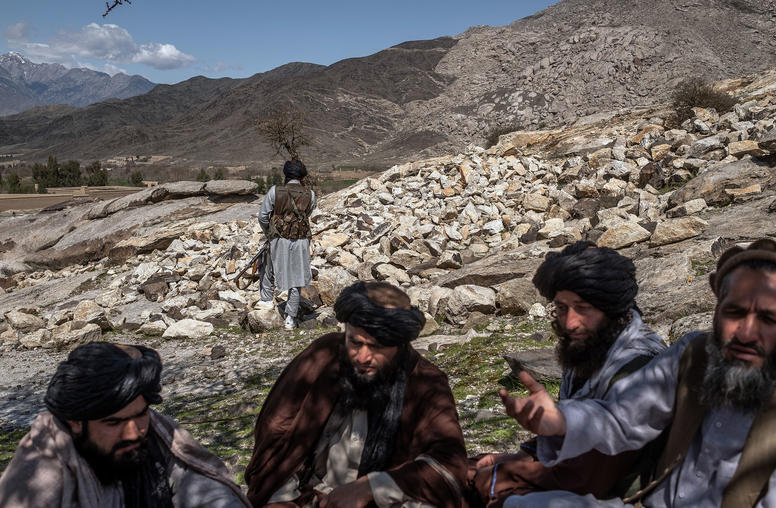
Breaking the Stalemate: Biden Can Use the U.S.-Taliban Deal to Bring Peace
On the eve of the one-year anniversary of the U.S.-Taliban agreement, Afghanistan remains unfortunately far away from peace. The historic agreement paved the way for a full U.S. withdrawal of troops from Afghanistan and the start of intra-Afghan talks on a political settlement of the conflict. As the May 1 withdrawal deadline nears, the Biden administration is undertaking a rapid Afghanistan policy review to determine its overall strategy toward the slow-moving intra-Afghan negotiations in Doha, Qatar. A key reason for the lack of movement in talks is that both sides are anxiously waiting to see what Biden decides.
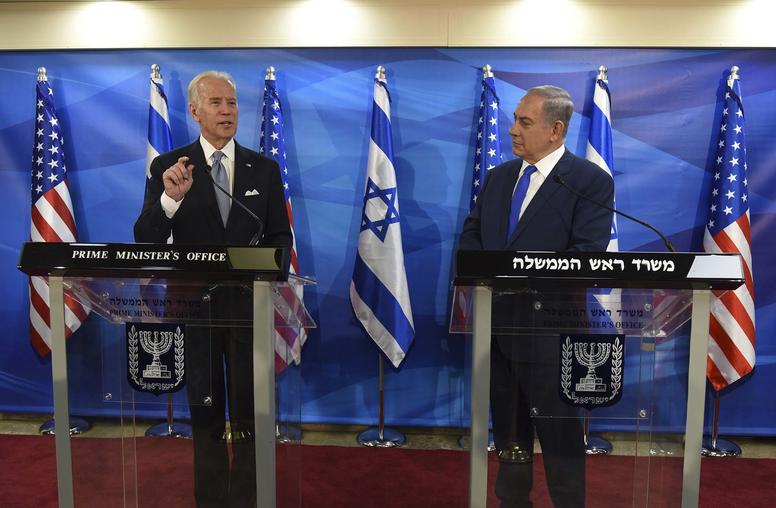
Why Biden Should Prioritize Preserving the Two-State Solution
The Biden administration came into office facing a host of pressing domestic and foreign policy challenges. And while issues like a rising China, the Iran nuclear deal, and the COVID pandemic will dominate the new administration’s agenda, it should not lose sight of the decades-old Israeli-Palestinian conflict.
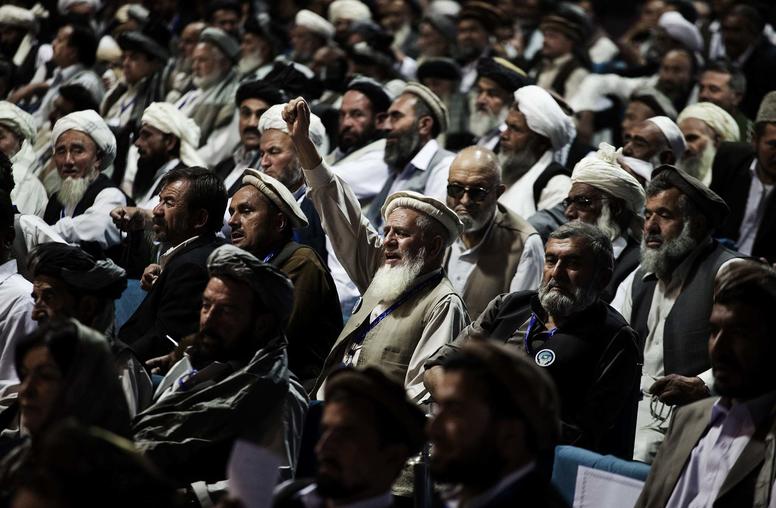
Afghan Peace Talks: Could a Third-Party Mediator Help?
At present, the Afghan peace negotiations (APN) between the Afghan government and the Taliban do not involve any third-party presence beyond hosting and supporting roles. The parties to the conflict and members of the international community might consider the benefits of a neutral, third-party mediator to help resolve the impasses that have dogged and delayed the negotiations so far. While the presence of a mediator does not guarantee success, there are very few examples of a significant peace agreement that has been reached without some sort of third-party facilitation or mediation.
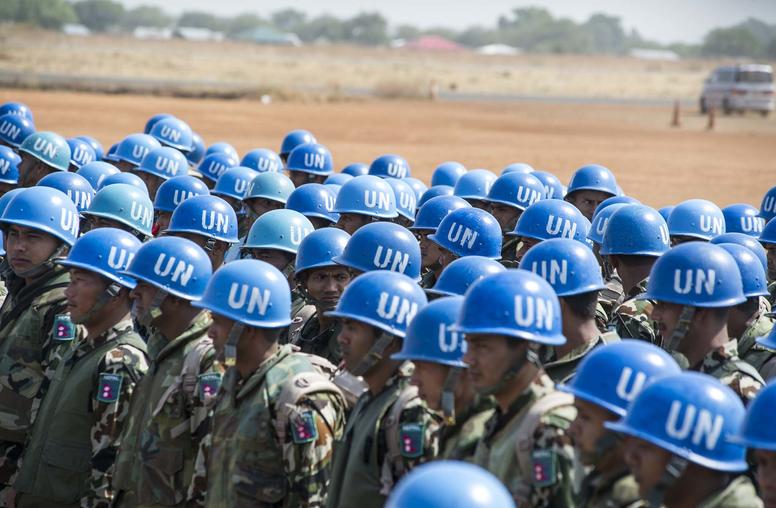
How the Biden Administration Can Revive U.N. Peacekeeping
When American politicians want to temper voter’s concerns over U.S. military commitments overseas, many employ perhaps the most worn-out foreign policy cliché: “The United States cannot police the world.” After all, the United States has neither the capacity nor a compelling national interest in putting boots on the ground to resolve every global crisis. But, this begs the question: Who will step forward when boots on the ground are needed?
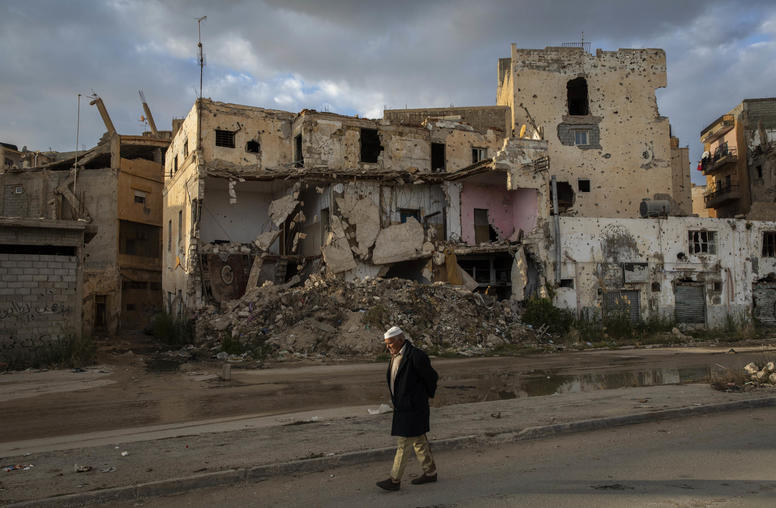
Libya 10 Years After Revolution: To Forgive or Forget
This week marks the 10-year anniversary of the uprising that overthrew the four-decade dictatorship of Muammar Qaddafi. In the intervening decade, Libya has been mired in conflict and political gridlock, exacerbated by competing power centers and longstanding tribal hostilities. What’s more, a host of foreign powers have entered the fray, looking to pursue their own interests rather than build a peaceful Libya. While there is momentum toward peace in recent months, Libyans will have to decide for themselves how to arrive at reconciliation and build a roadmap to get to a sustainable peace. But what does that look like?
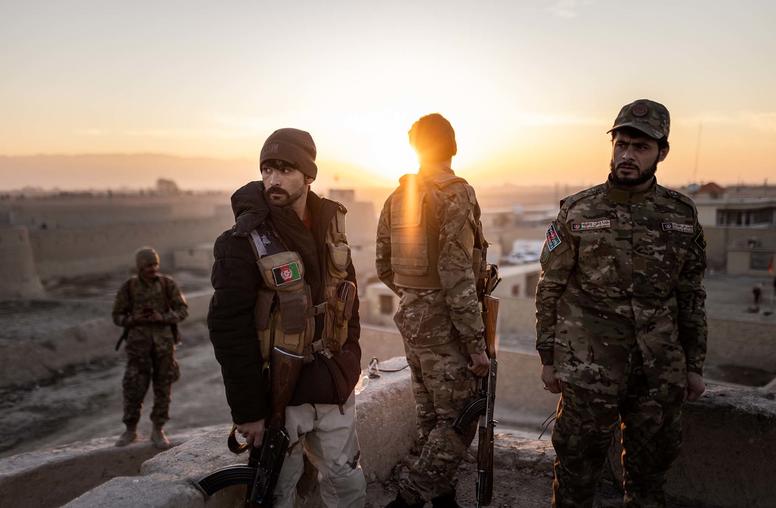
How to Prevent Fresh Hostilities as Afghan Peace Talks Progress
Many peace processes experience at least short-term reversions to violence. Even a successful Afghan peace process will be at risk of the same, especially in the likely event that the United States and its allies continue to withdraw troops from Afghanistan. Ideally, such troop reductions would move in parallel with de-escalatory measures by the Taliban and other armed actors on the ground. A healthy dose of realism is in order, however. Though the Taliban and others in Afghanistan are unlikely to ever fully disarm or demobilize, persistent resources and attention from the United States and its allies can help prevent any regression to full-scale violence during the years of any peace agreement’s implementation.
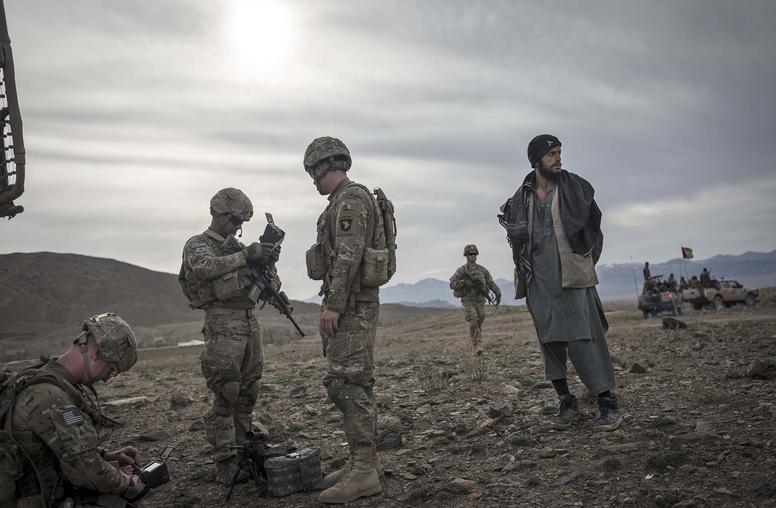
Afghanistan Withdrawal Should Be Based on Progress on Peace, Study Group Says
The Biden administration should commit to the Afghan peace process but seek an extension of the May troop withdrawal deadline stipulated in the February 2020 U.S.-Taliban deal, said the bipartisan Afg
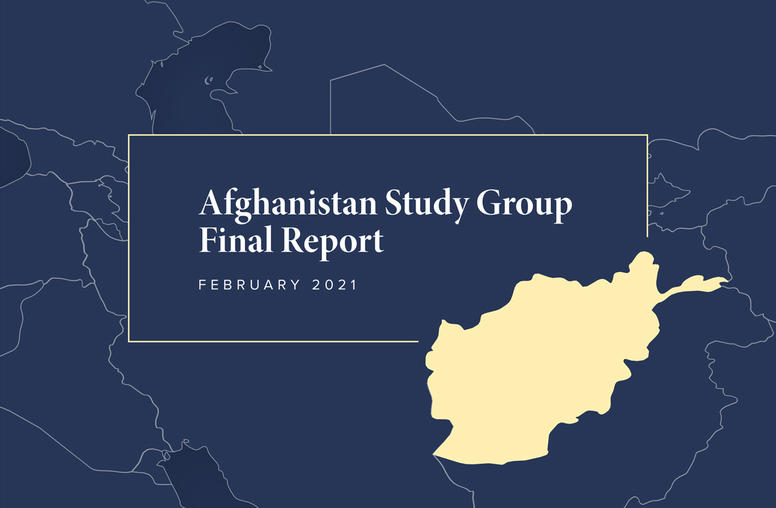
Afghanistan Study Group Final Report: A Pathway for Peace in Afghanistan
In December 2019, Congress established the Afghanistan Study Group and tasked it with identifying policy recommendations that “consider the implications of a peace settlement, or the failure to reach a settlement, on U.S. policy, resources, and commitments in Afghanistan.” The Study Group’s report, released on February 3, 2021, concluded that there is a real opportunity to align U.S. policies, actions, and messaging behind achieving a durable peace settlement to end four decades of violent conflict in Afghanistan. This new approach would...
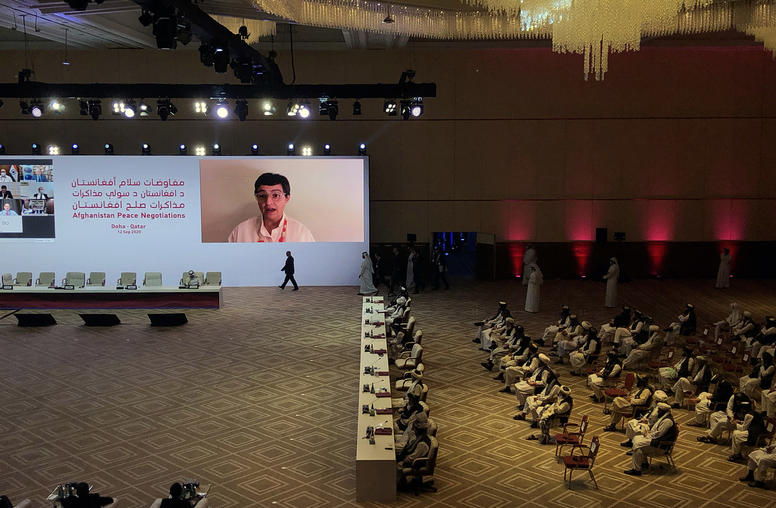
Gridlocked Afghan Peace Talks Overcome Another Hurdle
Afghan peace negotiations began in mid-September, bringing together the Afghan government and Taliban for the first time to negotiate an end to four decades of war. But, since then, the talks have been mired in squabbles over basic procedures. Last week the sides made a breakthrough and agreed on the rules that will govern future talks, opening the door to the more substantive issue of the agenda for talks—including how and when to talk about a reduction in violence and future political arrangements. Senior U.S. officials praised the agreement and urged the parties to move quickly to a discussion about ways to reduce record-high violence levels.
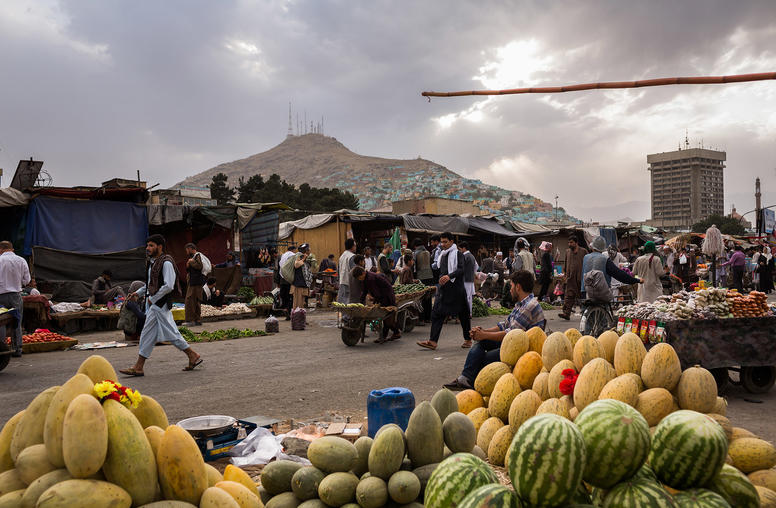
Afghanistan Aid Conference Yields Mixed Results
The quadrennial international donor conference for Afghanistan, held virtually late last month from Geneva, was largely shaped by the pitfalls and roadblocks forecast months ago when the event was publicly announced. Delays in the peace process, worsening violence, and unveiling of plans for further U.S. troop reductions left the meeting’s potential unmet. Yet amid the unsatisfying results, some hopeful rays broke through. In particular, the size and duration of aid pledges provided at least something to build on.